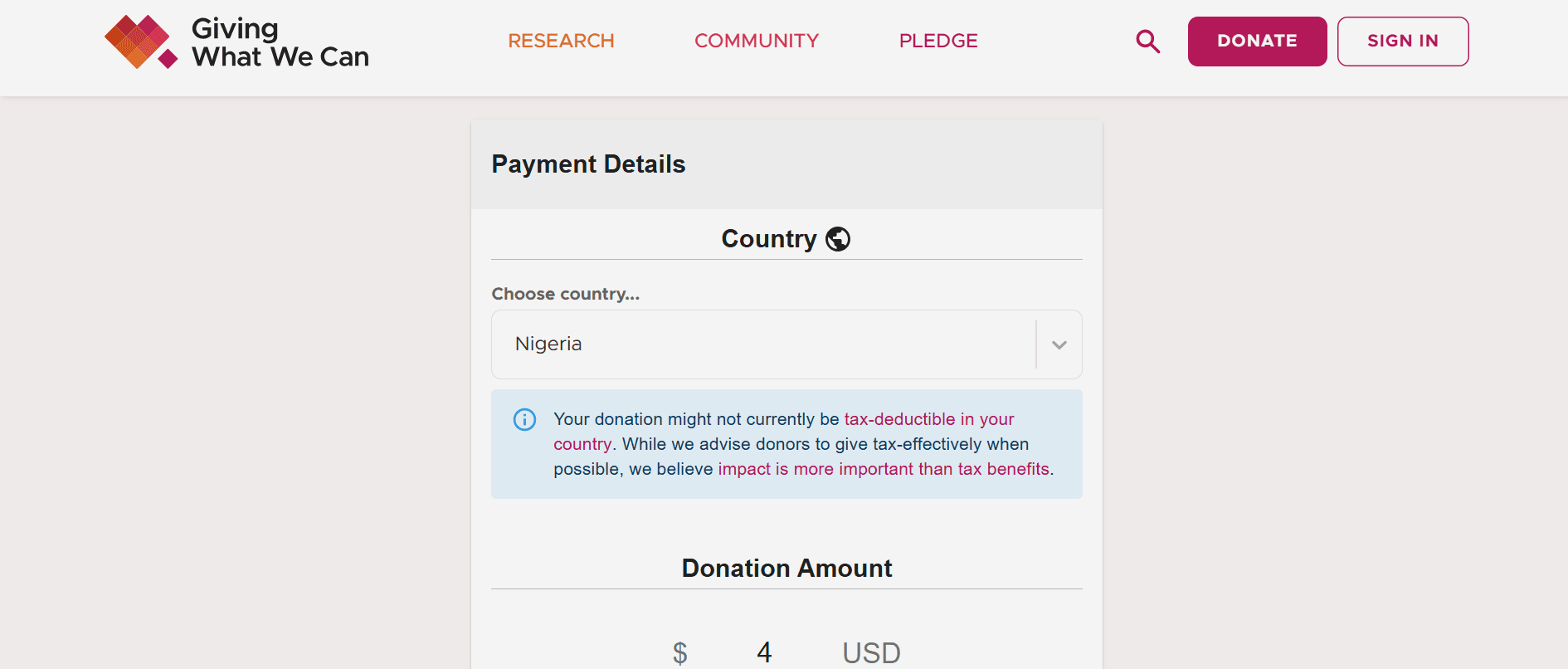Since I started PauseAI, I’ve encountered a wall of paranoid fear from EAs and rationalists that the slightest amount of wrongthink or willingness to use persuasive speech as an intervention will taint the person’s mind for life with self-deception-- that “politics” will kill their mind. I saw people shake in fear to join a protest of an industry they thought would destroy the world if unchecked because they didn’t want to be photographed next to an “unnuanced” sign. They were afraid of sinning by saying something wrong. They were afraid of sinning by even trying to talk persuasively!
The worry about destroying one’s objectivity was often phrased to me as “being a scout/not being a soldier”, referring to Julia Galef’s book Scout Mindset. I think we have all the info we need to contradict the fear of not being a scout in her metaphor. Scouts are important for success in battle because accurate information is important to draw up a good battle plan. But those battle plans are worthless without soldiers to fight the battle! “Everyone Should be a Mapmaker and Fear that Using the Map to Actually Do Something Could Make Them a Worse Mapmaker” would be a much less rousing title, but this is how many EAs and rationalists have chosen to interpret the book.
Even a scout can’t be only a scout. If a scout reports what they found to a superior officer, and the officer wants to pretend they didn’t hear it, a good scout doesn’t just stay curious about the situation or note that the superior officer has chosen a narrative. They fight to be heard! Because the truth of what they saw matters to the war effort. The success of the scout and the officer and the soldier is all ultimately measured in the outcome of the war. Accurate intel is important for something larger than the map— for the battle.
Imagine if the insecticide-treated bednets hemmed and hawed about the slight chance of harm from their use in anti-malaria interventions. Would that help one bit? No! What helps is working through foreseeable issues ahead of time at the war table, then actually trying the intervention with each component fully committed. Bednets are soldiers, and all our thinking about the best interventions would be useless if there were no soldiers to actually carry the interventions out. Advocating for the PauseAI proposal and opposing companies who are building AGI through protests is an intervention, much like spreading insecticide-treated bednets, but instead of bednets the soldiers are people armed with facts and arguments that we hope will persuade the public and government officials.
Interventions that involve talking, thinking, persuasion, and winning hearts and minds require commitment to the intervention and not simply to the accuracy of your map or your reputation for accurate predictions. To be a soldier in this intervention, you have to be willing to be part of the action itself and not just part of the zoomed out thinking. This is very scary for a contingent of EAs and rationalists today who treat thinking and talking as sacred activities that must follow the rules of science or lesswrong and not be used for anything else. Some of them would like to entirely forbid "politics" (by which they generally mean trying to persuade people of your position and get them on your side) or "being a [rhetorical] soldier" out of the fear that people cannot compartmentalize persuasive speech acts from scout thinking and will lose their ability to earnestly truth-seek.
I think these concerns are wildly overblown. What are the chances that amplifying the message of an org you trust in a way the public will understand undermines your ability to think critically? That's just contamination thinking. I developed the PauseAI US interventions with my scout hat on. When planning a protest, I'm an officer. At the protest, I'm a soldier. Lo and behold, I am not mindkilled. In fact, it's illuminating to serve in all of those roles-- I feel I have a better and more accurate map because of it. Even if I didn't, a highly accurate map simply isn't necessary for all interventions. Advocating for more time for technical safety work and for regulations to be established is kind of a no-brainer.
It's noble to serve as a soldier when we need humans as bednets to carry out the interventions that scouts have identified and officers have chosen to execute. Soldiers win wars. The most accurate map made by the most virtuous scout is worth nothing without soldiers to do something with it.




Setting aside the concrete example of Pause AI (haven't given it enough thought), I totally agree with the statement in the title.
Also, if I may: to some extent, you can accomplish things even when your soldiers aren't as smart, or as ideologically aligned with you, as your scouts; same thing holds for officers. The historical example that comes to mind is the army of the Soviet Union: for some years at least, an important fraction of the officers were former officers of the imperial army; they were called "voenspetsy", which means "military specialists".
From the Wikipedia page on the Red Army:
"In June 1918, Leon Trotsky abolished workers' control over the Red Army, replacing the election of officers with traditional army hierarchies and criminalizing dissent with the death penalty. Simultaneously, Trotsky carried out a mass recruitment of officers from the old Imperial Russian Army, who were employed as military advisors (voenspetsy).[19][20] The Bolsheviks occasionally enforced the loyalty of such recruits by holding their families as hostages.[21][page needed] As a result of this initiative, in 1918, 75% of the officers were former tsarists.[22] By mid-August 1920 the Red Army's former tsarist personnel included 48,000 officers, 10,300 administrators, and 214,000 non-commissioned officers.[23] When the civil war ended in 1922, ex-tsarists constituted 83% of the Red Army's divisional and corps commanders."